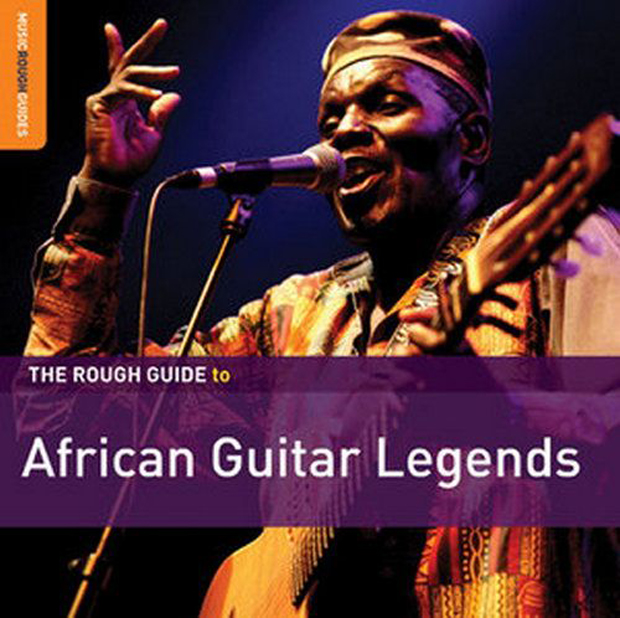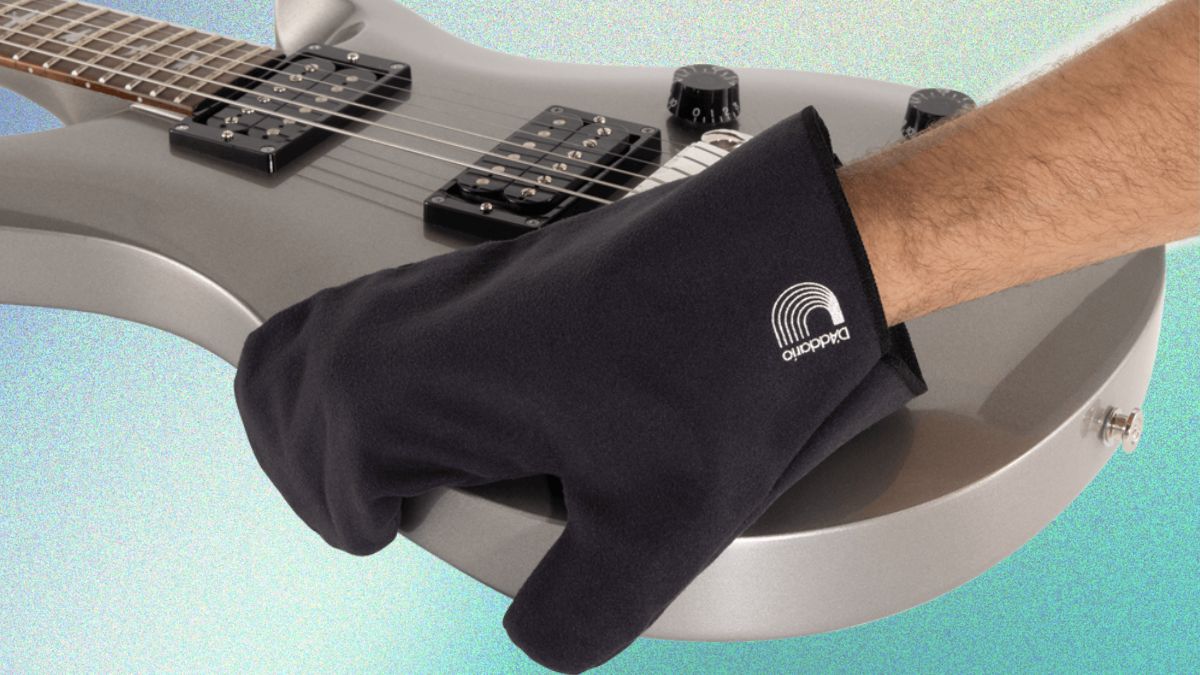Want to Be a Well-Rounded Guitarist? Check Out Some World Music
All the latest guitar news, interviews, lessons, reviews, deals and more, direct to your inbox!
You are now subscribed
Your newsletter sign-up was successful

I was fortunate to grow up in a neighborhood on Staten Island, New York, where, if I walked a few blocks in either direction, I encountered about every ethnic group one could imagine at the time.
Aside from smelling great cooking and appreciating how others lived, I also could hear music from a variety of places. I took this all for granted, as I hadn't even dreamed of playing a musical instrument, but it did keep my mind open to different sounds.
Couple that with a family that naturally loved music, and I was surrounded. My parents loved big-band swing, all the great crooners, and my mom would listen to "The Grand Ole Opry" while she was ironing. My older sisters were mad for Afro-Cuban music, probably due to the huge Hispanic population in New York, but also jazz, rhythm & blues and rock 'n' roll like Little Richard and Chuck Berry (aka God).
Fast forward to me starting to work as a sideman and session guitarist, and without my even realizing it -- osmosis, I guess -- I was able to bring something different to the party than others might. When starting out in LA, I was playing rock of course, but also playing with bands in in the ghettos of South Central, getting schooled in funk rhythms and backing up some old school R&B singers.
And the older I got, I began to explore more by listening to what's now referred to as world music. I started to devour what I could find by guitarists from Africa, the gorgeous melodies, rhythms and chord progressions that can only be heard in Brazilian music, Celtic music, etc, etc.
I touched on this very briefly in my last blog, but even if you're never asked to play ANY of these types of music, by at least having a cursory knowledge of them, it seeps into your playing and makes you a better guitarist. And should someone call you for a gig or session, and they pull out a reggae song, you won't be in the dark and may be the guy that saves the day. Plus it's very impressive at parties if you can talk about some obscure Argentinian composer. :)
My talented pal Ron Zabrocki, also a GuitarWorld.com blogger, weighs in:
All the latest guitar news, interviews, lessons, reviews, deals and more, direct to your inbox!
"Even though I considered myself a rock/blues/pop player, I figured that if I learned other styles that I felt were harder and maybe more thought requiring, I would become a more knowledgeable musician and a well-rounded guitarist. I was 17 at the time and I still believe to this day it was a seminal moment in my career! Studying with Joe Pass, Alan DeMause and John Scofield didn't turn me into a jazz player. But it did enable me to be more creative and better underdstand the inner workings of improvisation."
Thanx, Ron!
So you don't need to live in my old neighborhood to accomplish any of this. With the Internet, it's all at your fingertips. It's treasure trove of music that I could only dream of as a kid. So start digging in to compilations if you're not sure about individual musicians. A great way to discover. Don't forget, music is THE language, and the better vocabulary you have, the more you're gonna say with your guitar.
Nashville-based guitarist George Marinelli is a founding member of Bruce Hornsby and The Range and has been a member of Bonnie Raitt's recording and touring band since 1993. He has performed and/or toured with Jackson Browne, James Taylor, Art Garfunkel, Shaun Colvin, Faith Hill, Dixie Chicks, Wynona Judd and Vince Gill, to name just a few. He is busy with session work as a sideman and as a solo artist, and he often can be found recording and producing indie projects at WingDing Studios. Check out his music at Amazon, iTunes and CD Baby.
